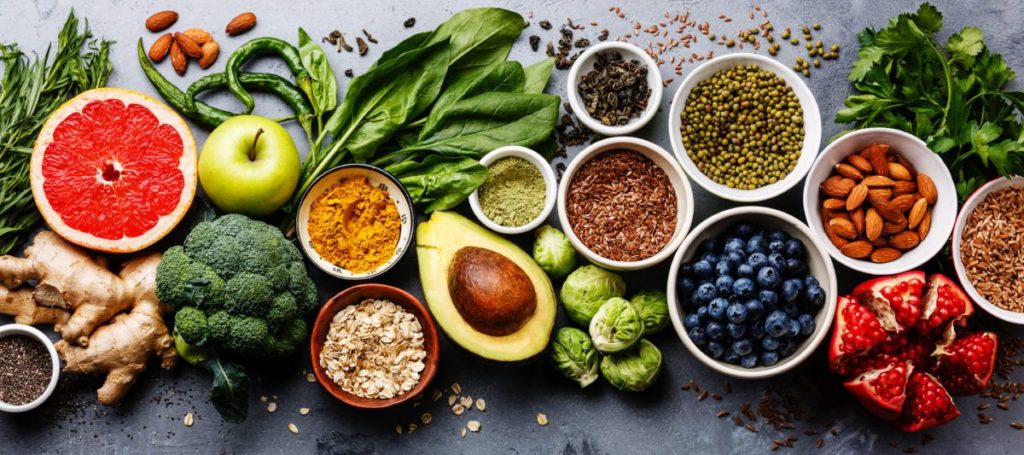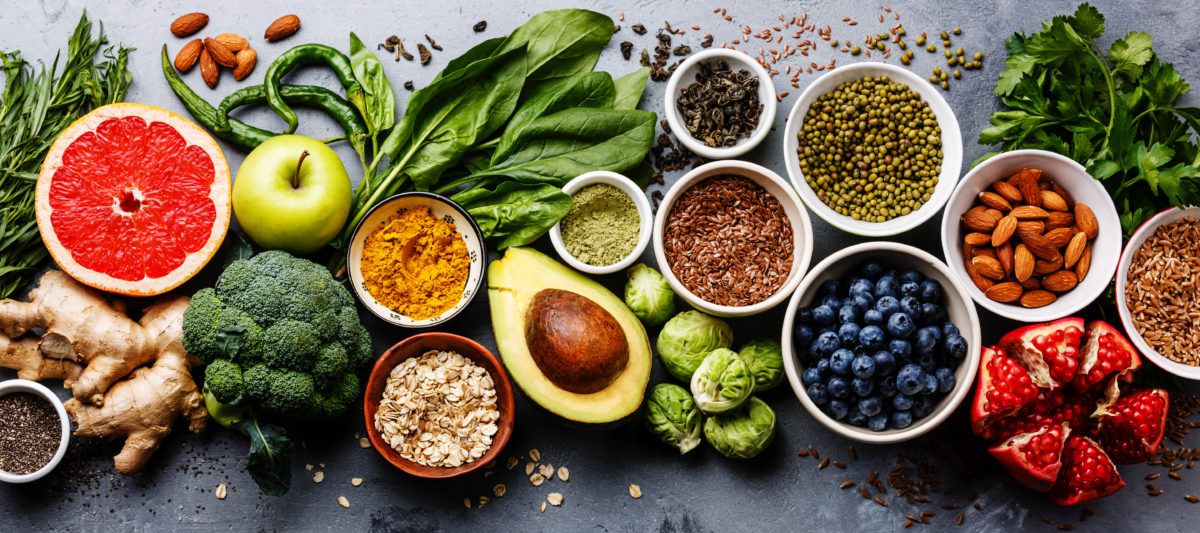No one could have predicted that the COVID-19 pandemic was affecting every aspect of our lives, from virtual classrooms to remote working to early restaurant closures for isolation. completely.
Public health measures and viral infections are needed to slow the spread of this disease. No one knows how long these virus safety measures will need to stay, but it is a perfect time to protect and improve your health while practicing social spacing.
A healthy diet is especially important to keep your immune system in top condition. Here are some steps you can take to eat healthily during COVID.
Minimize trips to the supermarket during the pandemic and eat healthily
Plan ahead. Visualize breakfast, lunch, and dinner for at least 5 days. What will you serve? What do you need? Consider the foods your family likes, your food preparation methods, interests and skills, and the time and energy you will have for preparing meals.

Working from home may not mean there is more time to cook—especially if you are now responsible for teaching your kids and doing the work your employer expects.
Include children in meal planning, preparation, and clean up and teach them.
Think nutrition. The healthiest meals emphasize whole grains, vegetables, and fruits—serve them in the greatest amounts. Meat portions should be smaller—this will save money and help keep dietary saturated fat in check.
Make a shopping list—and use it! You’ll be less like to forget items or buy impulse items.
Supplement your diet with sodium, fat, and calories throughout the day.
Limit processed foods like chips, soda, cookies, and ice cream. They contain lots of empty calories and increase spending during the time of an epidemic.
Keep costs down considering low-cost alternatives. Instead of buying ready-made appetizers, puree a can of green beans to make your own.
Try a meat-free meal, such as chili with beans instead of beef. If fresh fruits and vegetables are too costly to remember, canned and frozen fruits and vegetables provide the same nutrients as fresh.
The best options are plain frozen vegetables and fruits. Use low-sodium canned fruits and vegetables in juice or canned water if these are missing, buy regular canned fruits and vegetables to drain and rinse before use.
Shopping online is quite a reasonable option at the moment, it will save you time and allow you to keep a social distance. Be sure to pre-order as many stores need one or two days to ship your order.
While at the supermarket during the COVID 19
You shoud use a disinfecting wipe—wipe your hands and grocery cart handle, then put the wipe in the trash.
Supermarkets will be out of stock very quickly. Be sure to have your pocket. Get ready with a backup plan if a component you need isn’t available.
You should use contactless payment or credit card. If you use a payment keyboard, touch the buttons and screen with your knuckle, then use a hand sanitizer after completing the payment.
Eat out safely during the COVID-19 pandemic when the restaurant close
If you want to eat ready meals, take the food home right away and eat it while it is hot. Store leftovers safely—wrap tightly and refrigerate any dishes with meat, fish, poultry, or dairy products—be sure to reheat these leftovers thoroughly before eating.
Positive Thinking
Practice positive stress management strategies. Take your dog for a walk, call a friend, take a dip in the tub, or cuddle your kids. Skip alcohol, cigarettes, and smoking.
Stick to your routine as much as possible. Go to bed and wake up in the morning on your regular schedule. Eat meals regularly.
You can do gym or yoga at home to improve health and resistance to fight disease.
Manage your time fund at home
Make yourself busier, enjoy your hobbies like reading, cooking, and talking with family.
You need to wash your hands well before you enter the house.
